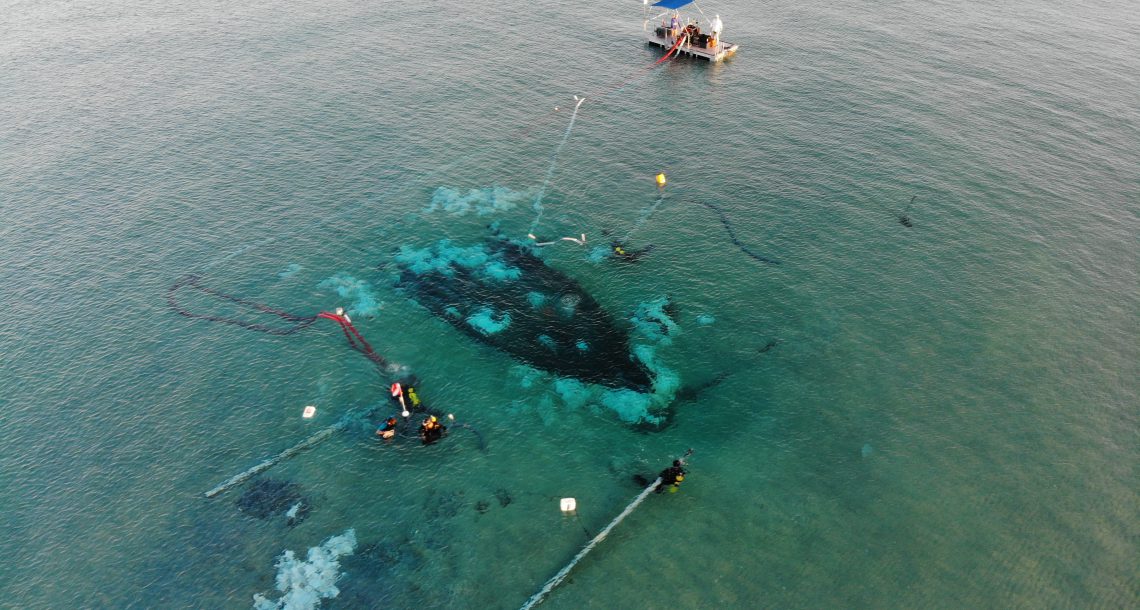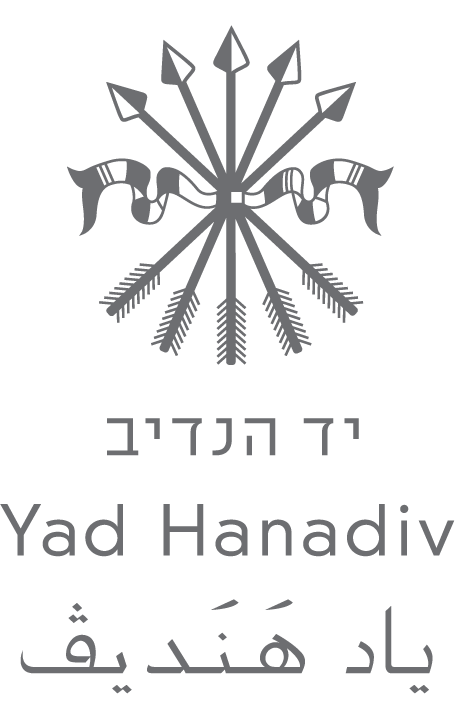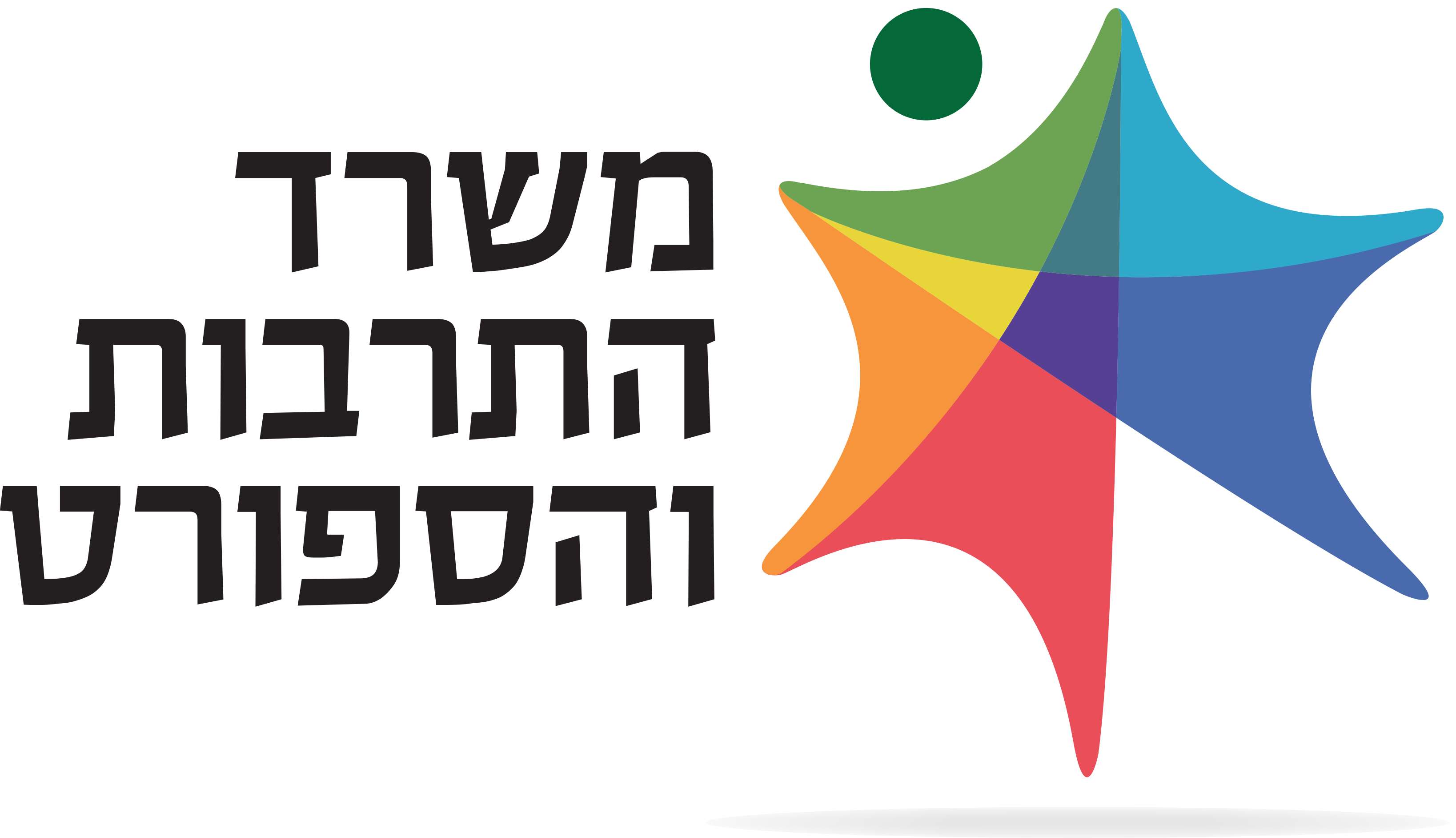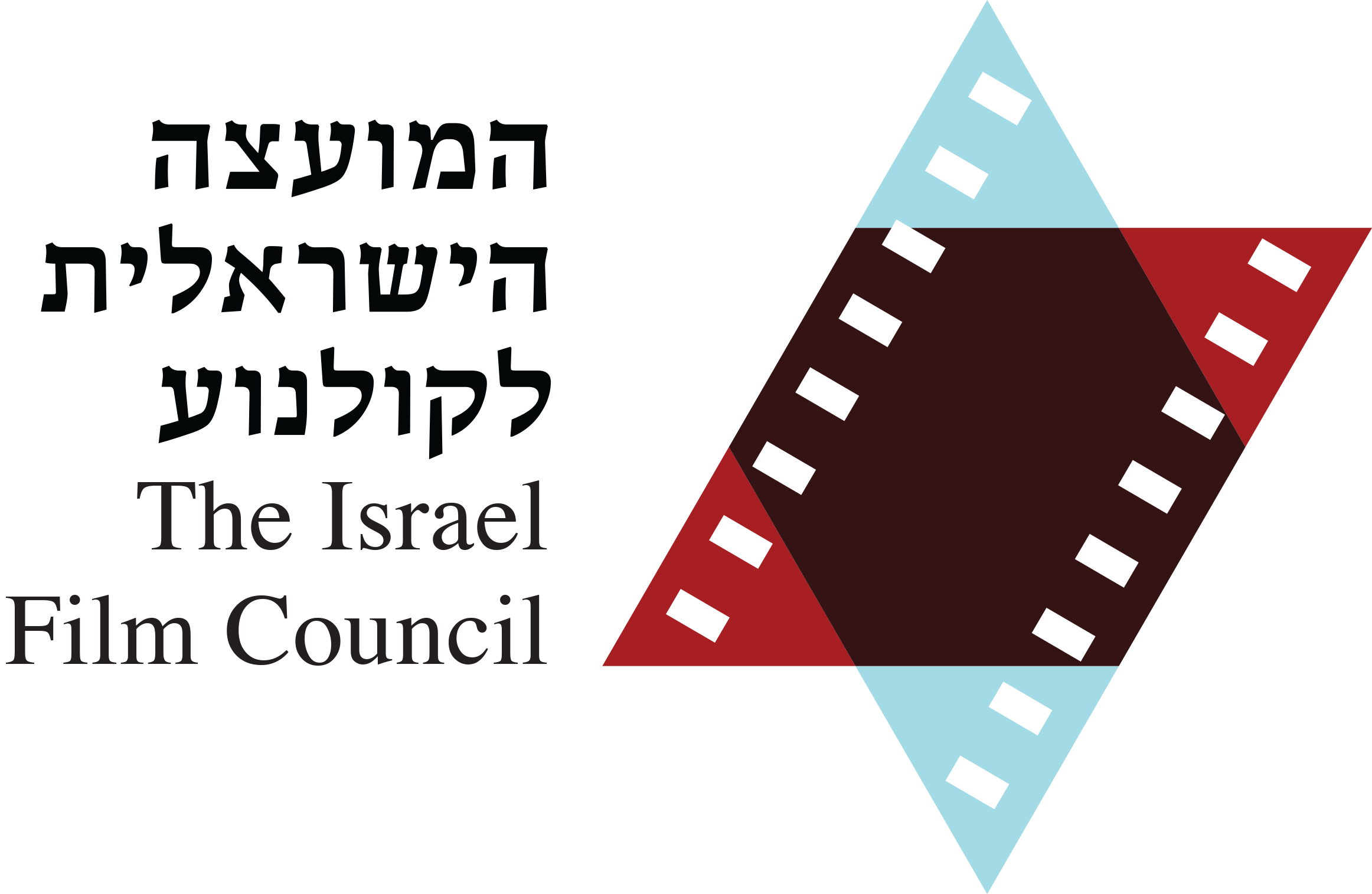Sunday | 25.5 | 12:00 | Cinematheque 2
An initiative of Gesher Multicultural Film Fund and Yad Hanadiv, in collaboration with Docaviv Festival
Filmmakers have collaborated with academic researchers to create documentaries based on or inspired by research in the humanities and the arts.
Seven teams participated in the workshop, a nurturing creative hub that fostered insightful discussions, collaborative thinking, and joint creative work, focusing on adding depth to their scripts and broadening the participants’ perspectives on their research, as well as the themes and cinematic language of their films.
The pitched films spotlight moral and social dilemmas around war and documentation, ethics and the establishment, moral reckoning and national remembrance, the tension between preserving and obscuring ancient cultures and traditions, intergenerational relationships, norms, discrimination, and methods of commemoration. Grounded in rare archival materials, these cinematic adaptations delve into the existential quandaries that arise from the intersection of in-depth academic research and original documentary filmmaking.
Lab program developer: Ziv Naveh
Moderators: Professor Dan Geva and Professor Tamar El-Or
Lab directors: Yael Yakirevich and Gil Fermon
The selected projects will receive production grants totaling NIS 700,000.
Participating Films
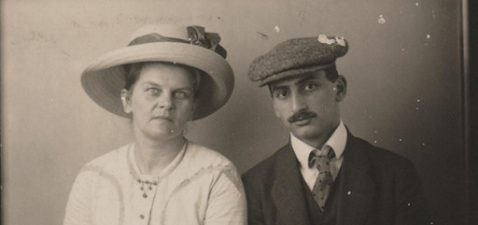
They never left
Director: Anat Vogman
Producer: Ayelet Ephrati
Research: Professor Ofer Ashkenazi
A rare archive reveals a photographed love story from early twentieth-century Berlin, between Otto Mayer, a young German Jewish man, and Gertrud, a Christian woman who was a decade his elder. Through hundreds of striking photographs and scores of diary entries and letters, they chronicle their enduring love against the backdrop of a rapidly changing reality, amid the Nazis’ rise to power and a forced migration to Mandatory Palestine. As their world crumbles around them, the camera and their correspondence become instruments in their struggle for remembrance and their search for identity. In a world that displaces them again and again, they cling to their work of documentation and their love for each other.
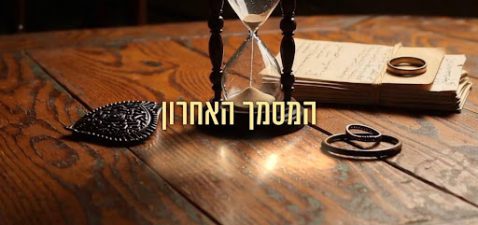
The Last Document
Director: Tal Michael
Research and content editing: Tal Michael, Tomer Asayag
Production | Ronnie Manor, Sagit Shalom, Maagalot Productions Ltd.
Research | Professor Daphna Hacker
''The Last Document is a true-crime docuseries that opens the most volatile vault in the family—the last will and testament. Each episode uncovers an inheritance saga revolving around a single, slippery question: What were the deceased’s true wishes? Employing a Rashomon-style format with contradictory accounts, the series explores issues of identity, justice, and power in Israel.

Documenters
Producer & Director | Orna Raviv
Producer and Director | Dina Zilber
Researcher | Dr. Renana Keydar
''Documenters traces Israel’s obsession with documenting the events of October 7, through the story of five people who devoted themselves completely to the work of documenting the catastrophe, and are paying a heavy price for it—personally, as well as in the family and social spheres. The film spotlights the questions that arise with the privatization of national remembrance, and the tension between preserving the trauma and the ability to break free from it and heal as individuals and as a society.
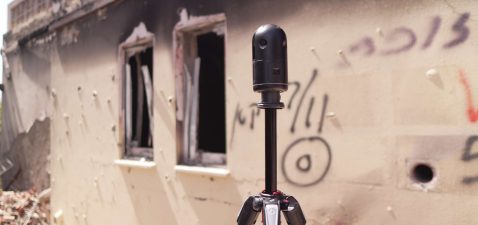
Our Very Own Cult
Director | Uri Bar-On
Producer: Ayelet Ephrati
Content creator/editor | Ayelet Beck
Researcher | Dr. Rachel Werczberger
Israeli spirituality maintains a dynamic tension between tradition and innovation, collectivism and individualism, an institutionalized Jewish identity and open-minded spiritual practices. Widely feared and viewed as part of the dangerous “cult phenomenon” in the 1970s, spirituality eventually entered the mainstream Israeli discourse from the 1990s onward with the influx of New Age culture.
This film traces a phenomenon that has changed many lives profoundly and irrevocably.
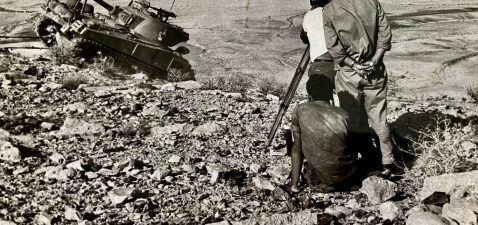
Shooting
Director, writer, and producer | Netalie Braun
Co-producer | Tal Barda
Research | Dr. Shmulik Duvdevani
Cinematography | Itay Marom
Editing | Nili Feller
A war recreated for the filming of a movie leads to an entire village in the Golan Heights fleeing for its life; weapons are planted in the home of a Palestinian family in East Jerusalem to stage an action scene; and a props and weapons man is revealed to be suffering from PTSD while dealing with moral trauma.
The trilogy examines the ethical aspects of reenactment and how militarism’s grip on Israeli society extends its corrupting influence to cinema, too.
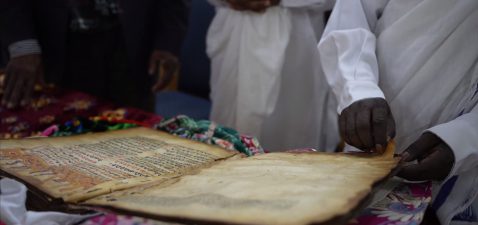
The Orit Catchers (Working Title)
Director & Producer | Ilan Yagoda
Researcher | Professor Dalit Rom-Shiloni
Second-generation immigrants from Ethiopia explore their heritage by studying the Orit scrolls, their people’s ancient sacred texts. The absorption of the Ethiopian community in Israel proved to be the most challenging of all immigration waves. The institutions that facilitated their integration imposed strict cultural and religious models, making no allowance for the community’s own traditions and culture.
The film follows their attempt to reconnect with their ancient religious heritage through research, seeking to reforge a lost identity.
